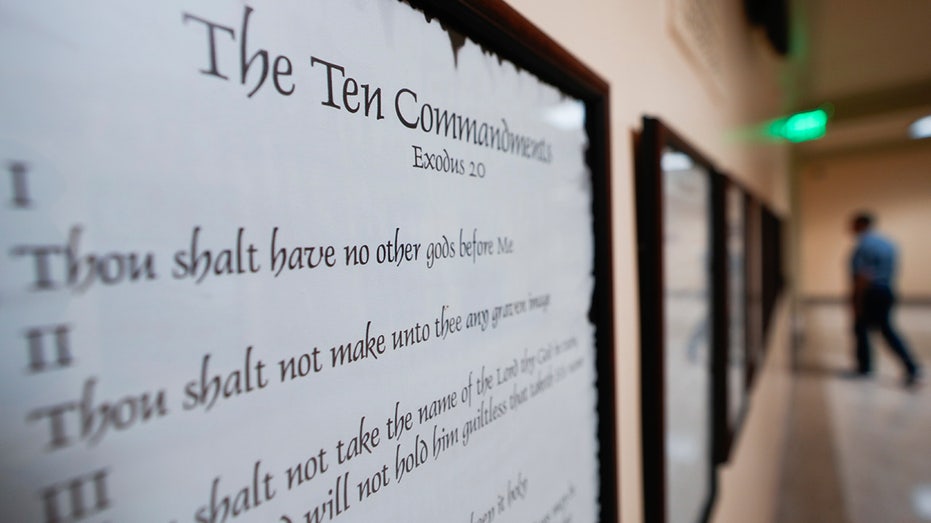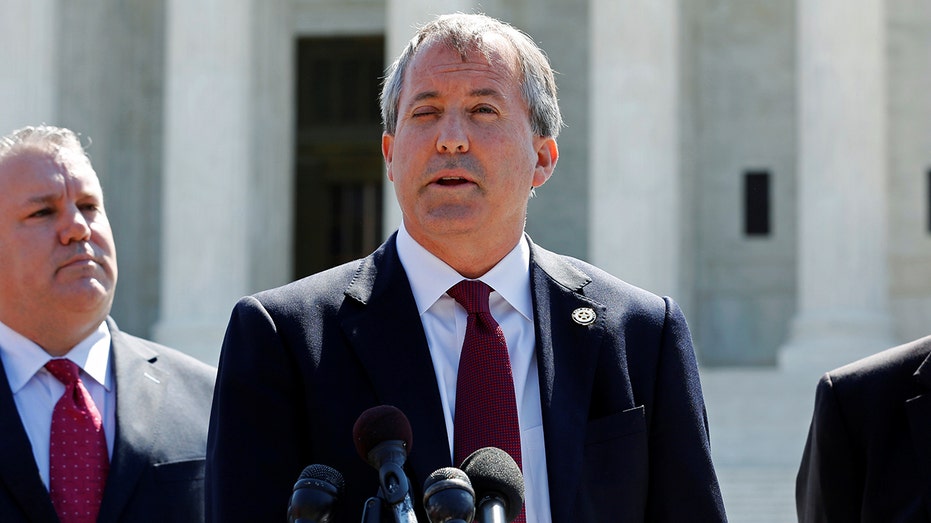A courtroom battle over faith and freedom has concluded in Texas, with a federal judge striking down a state law mandating the display of the Ten Commandments in every public school classroom. The ruling marks a significant victory for civil liberties advocates and families who argued the law violated the fundamental principles of religious neutrality enshrined in the U.S. Constitution.
Judge Orlando L. Garcia determined that Senate Bill 10 directly contravenes the Establishment Clause, the constitutional safeguard preventing government endorsement or preference of any particular religion. The law, proponents claimed, honored a foundational moral code, but opponents saw it as a clear imposition of religious values on a diverse student body.
For Lenee Bien-Willner, a plaintiff in the case and a Jewish mother, the decision brought immense relief. She expressed concern for her children, who were part of a small Jewish minority in their schools, and the constant exposure to a religious display that didn’t reflect their own beliefs. “The government has no business interfering with parental decisions about matters of faith,” she stated.
The judge’s order requires immediate removal of the displays in specific school districts – Comal, Georgetown, Conroe, and others – by December 1st. However, the impact of the ruling is expected to extend far beyond these initial districts, as organizations dedicated to the separation of church and state urge all Texas schools to disregard the law.
The American Civil Liberties Union, along with Americans United for Separation of Church and State and the Freedom From Religion Foundation, spearheaded the legal challenge, representing fifteen multifaith families across fourteen school districts. This wasn’t their first confrontation with the law; a similar lawsuit had been filed earlier in the summer on behalf of other concerned Texas families.
Chloe Kempf, a staff attorney for the ACLU of Texas, celebrated the ruling as a reaffirmation of Texans’ First Amendment rights. She emphasized that the responsibility for instilling religious beliefs rests with families, not the government, and that schools should be spaces for education, not religious instruction.
The ruling also serves as a stark warning to school districts considering defiance. Kempf asserted that the decision protects students from potential ostracization, bullying, and the pressure of state-sponsored religious coercion. Every district in Texas, she stated, is now on notice that implementing S.B. 10 is unconstitutional.
The legal battle isn’t entirely over. Texas Attorney General Ken Paxton, currently campaigning for a U.S. Senate seat, has already taken action against two school districts – Round Rock ISD and Leander ISD – for their alleged refusal to comply with the law. He accused these districts of disregarding the will of Texas voters and vowed to enforce the statute.
Paxton’s stance underscores the deep ideological divide surrounding the issue. He framed the law as upholding the state’s “legal and moral heritage,” while opponents view it as a dangerous overstep of governmental authority and a violation of the constitutional rights of students and families.
The case highlights the ongoing tension between religious expression and the separation of church and state, a debate that continues to shape the landscape of public education and individual liberties in America. The ruling in Texas represents a crucial defense of those liberties, ensuring that public schools remain inclusive spaces for students of all faiths and backgrounds.






